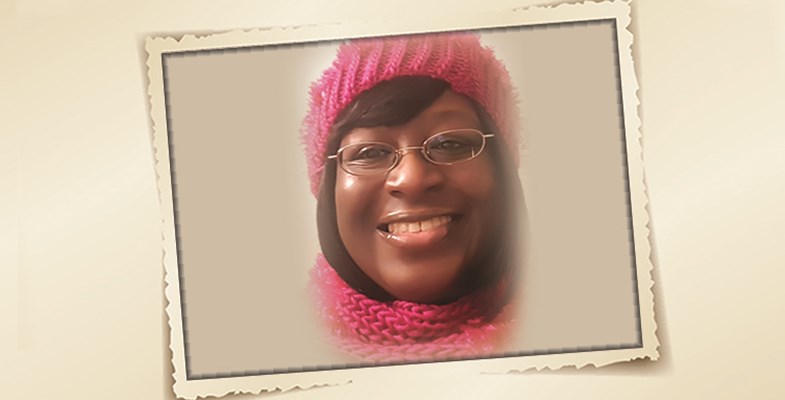Karen experienced a life of independence, as most people do. This independence allowed her to work at St. Francis Hospital for 16 years serving the community. It allowed her to make the everyday choices we often take for granted: when to get up, what to pack for lunch, and what to do over the weekend.
In 2015, Karen’s health took a turn and she needed to start dialysis three times a week. Unfortunately, dialysis was just the start of other health issues that eventually forced her to leave her job. She needed to focus on her health. Even during this time, Karen continued living independently.
Karen’s life took another turn in 2018 when a wound on her foot became badly infected. Based on her doctor’s recommendation, she chose to have it amputated. Following the surgery, Karen was admitted to a nursing facility for short term rehab. Her stay started as a four-month plan to adjust to life after amputation and wait for a prosthetic to be made. She attended rehab and made friends, but dreamed of going back to the place she called home.
She described her time in the nursing home as living by someone else’s schedule. The facility was clean, and the staff were nice, but she craved privacy and independence. She recalled, “I was one of the youngest in there, and it felt like I wasn’t supposed to be there. I wanted more independence. I hated being told when to go to bed and when to eat. And the food was terrible.” She even mentioned not being allowed to go to the bathroom on her own, often causing her to wait an uncomfortable amount of time.
Karen was introduced to the Money Follows the Person (MFP) program by her sister. Together, they brought it up to the facility social worker who was able to facilitate the process of getting Karen back home. Even with rehab and a new prosthetic, Karen would need help to live in her home again. Money Follows the Person was her key to getting out of the nursing home while still receiving the daily assistance she needed.
Through MFP, she met with a care manager and transition coordinator who made sure her apartment was adapted to her needs. This meant obtaining equipment that would foster Karen’s independence such as grab bars, a shower chair, and a personal emergency response system. She also learned how to hire personal care assistants so she could receive a nursing level of care in the comfort of her own home. Finally, in January of 2020, she was ready to make her transition. Karen described her transition as smooth. As to be expected, she was nervous about spending her first night alone in over nine months, but was comforted by knowing her next aide would be there first thing in the morning. With some time and help from the PCAs, she settled back into her own routine. Karen described how it used to feel when getting picked up from dialysis. “When they picked me up, I would usually be down about going back to the nursing home. Now, I get picked up and can look forward to going back to my actual home!” Upon reflecting on her transition, Karen thanked God first for her success. Behind Him, she thanks her MFP team who were always on top of any issues that she had and followed up in a timely manner. Last but certainly not least, she thanks her PCAs who’ve been there for her each and every day. She added, “They don’t just help with personal care or cooking, they provide companionship too. We have great communication and I can talk to them about anything. It doesn’t feel like I’m their boss, it’s more like they’re my friends and I’m so thankful for that.”
Read the CT Money Follows the Person Quarterly Report
Add to Favorites
